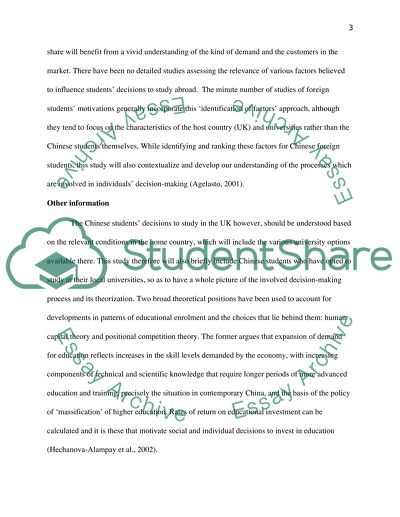Cite this document
(“Why Do Chinese Students Choose To Study For First Degrees In UK Essay”, n.d.)
Retrieved from https://studentshare.org/education/1473915-why-do-chinese-students-choose-to-study-for-first-degrees-in-uk-universities
Retrieved from https://studentshare.org/education/1473915-why-do-chinese-students-choose-to-study-for-first-degrees-in-uk-universities
(Why Do Chinese Students Choose To Study For First Degrees In UK Essay)
https://studentshare.org/education/1473915-why-do-chinese-students-choose-to-study-for-first-degrees-in-uk-universities.
https://studentshare.org/education/1473915-why-do-chinese-students-choose-to-study-for-first-degrees-in-uk-universities.
“Why Do Chinese Students Choose To Study For First Degrees In UK Essay”, n.d. https://studentshare.org/education/1473915-why-do-chinese-students-choose-to-study-for-first-degrees-in-uk-universities.


